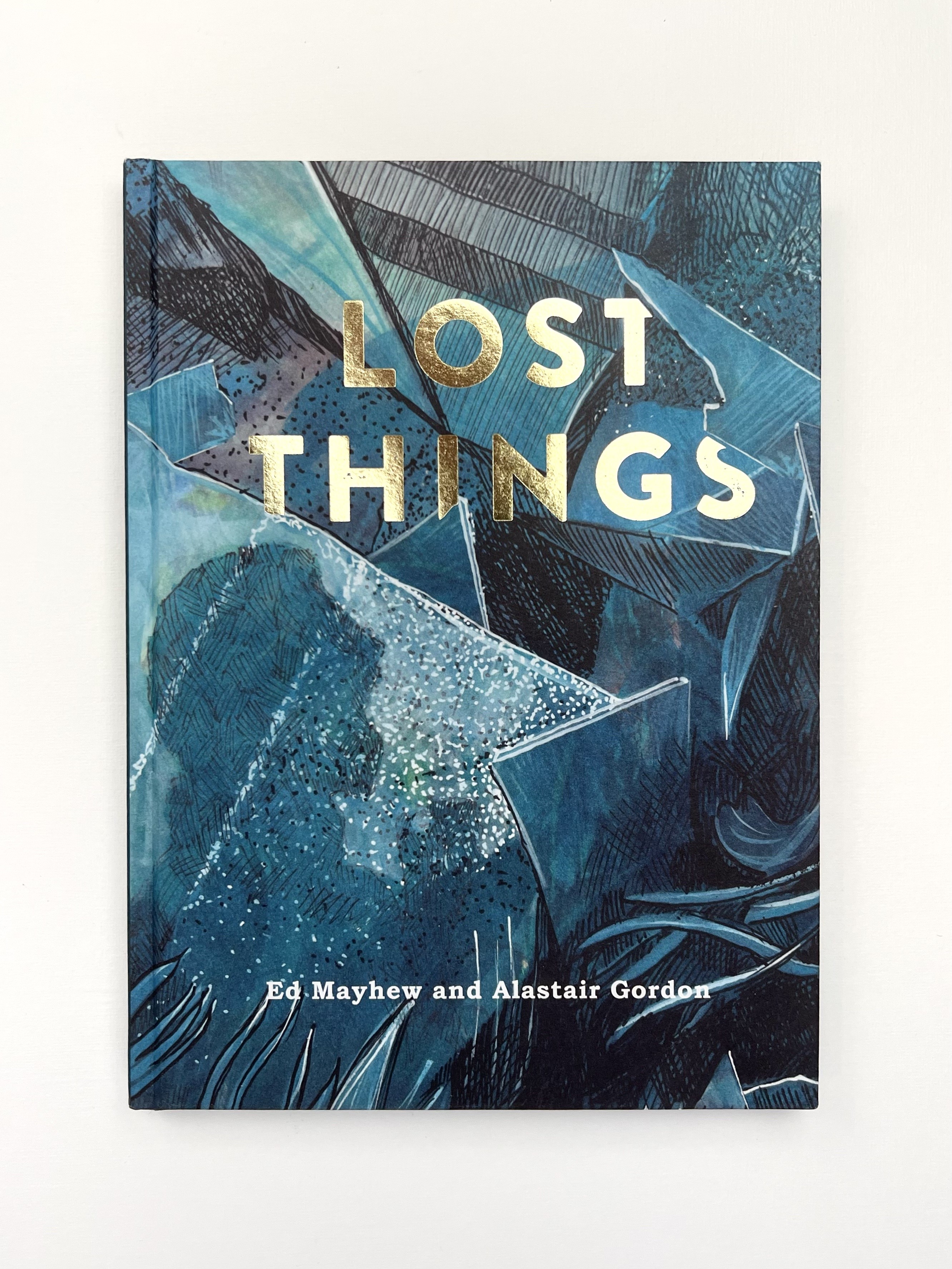
In a feat of irony, attention deficit hyperactivity disorder (commonly known as ADHD) is now getting a lot of attention. For example, between 28 and 31 January The Times newspaper published one article per day about ADHD. Intrigued, I looked back over the past few months, and I found that The Times has averaged 8 to 10 articles per month which are either partly or exclusively about this topic. These range from celebrity diagnoses to handwringing over the “troubling rise” in incidents of the condition, to concerns about parents gaming the system to get their children disability payments or extra time in exams.
With all this media hype, it is little wonder that some commentators are inclined to dismiss ADHD as a fad. Scroll through the comments beneath each article, and you will reliably find the rallying cry of, “We didn’t have ADHD in my day!” followed by the patient responses of those who try to correct this fallacy.
While the high public profile of ADHD is new, the condition itself is not. As early as the mid-1700s a Professor of Medicine called Melchior Adam Weikard was describing patients who were “unwary, careless, and flighty” – behaving in ways governed by impulse, and showing poor skills in punctuality, accuracy, and having an inability to complete tasks, to the detriment of their mental health. His description is of its day. For example, and somewhat amusingly, Weikard (himself German, but at this point living in Russia) also described his patients as follows:
Compared to an attentive and considerate person such a jumpy person may act like a young Frenchman does in comparison to a mature Englishman.
Even so, Weikard did not unconsciously adopt all the prejudices and stereotypes of his context: he broke firmly with existing medical consensus when he diagnosed these patients as having a “dysregulation in cerebral fibres” – rather than attributing their difficulties to astrological misalignments or demon possession.
By characterising ADHD as a brain-based condition, Weikard was ahead of his time, and we’ve come a long way since then. This is not the place to chart the whole biography of ADHD, suffice to say that when someone rolls their eyes and declares dismissively, “We didn’t have ADHD in my day…” – they are either over 300 years old or not talking like a mature Englishman, even if they read The Times.
The negative side of the condition as being in a constant fight with one’s own thoughts and senses – these are doughty opponents, they always know where to find you, and they only sleep when you do.
Another thing that is not new, despite what cynical commentators might seek to imply, is the treatment of some aspects of ADHD with medication.
Doctors have been prescribing amphetamines to patients with ADHD since at least the 1950s. Yet now those medications are in short supply. Contrary to the media hype, fewer than 1 in 10 people with an ADHD diagnosis take prescribed medication, but for some of those who do it can be a lifeline – calming down a washing machine mind that is stuck on constant spin.
One acquaintance of mine has taken to anxiously touring the local pharmacies, driving to neighbouring towns and villages, desperate to get her prescription filled.
Another is passing her own tablets on to her son, whose prescribed supply ran out sooner. Sharing prescription medication is, I am duty-bound to add, an illegal practice – but it is hard to expect a parent to medicate themselves whilst seeing their own child struggle to attend school, to complete exam papers and to just generally feel (and I quote) “like a normal person.”
People who have ADHD sometimes describe the negative side of the condition as being in a constant fight with one’s own thoughts and senses – these are doughty opponents, they always know where to find you, and they only sleep when you do.
This is not to overlook that there are positives to ADHD too – it is often pointed out that the condition entails a degree of “superpower.” A person living with ADHD may have an incredible ability to focus on one difficult problem to the exclusion of all else, and thus solve it, perhaps devising creative solutions that elude those with a more pedestrian style of thought.
Also, it is common for people who live with ADHD to be dynamic conversationalists, with high social intelligence and empathy, priming them for success at tasks like broadcasting and debating. Many elite athletes also live with ADHD and say that they able to strive for excellence due to their restless energy and resilience in the face of tough training regimes.
Given the mixed bag of struggles and superpowers, there is a raging debate about whether ADHD should even be considered as pathology, or just as a neurodivergent way of being human. I suspect there is no right or wrong answer to this – for each person who lives with ADHD it depends on their own experience and how they feel it helps or hinders them to live the life they choose. Neither is it a binary choice: more than one of my own acquaintances who live with ADHD has described themselves as being in a “love-hate relationship” with their neurodivergence.
ADHD challenges me to unfold my mind too – to become ever more aware and appreciative of the fact that there are many ways to be human.
Neurodiversity, like any kind of diversity, challenges the way we live to together in communities, choosing or refusing to show empathy towards those who are perceived as ‘other’. There are several places in the Bible where human interconnectedness is likened to the human body – made up of many different parts, with each member dependent on the other for the wellbeing of the body as a whole. In one of his letters, St Paul wrote, “If the whole body were an eye, where would the hearing be? Or if the whole body were an ear, where would the sense of smell be?” Society needs problem solvers, communicators, high achievers, even while society also needs people who can structure, plan and maintain consistency – and above all, society needs these different neurotypes to work together with a certain amount of mutual understanding and trust.
Reflecting further on the body metaphor, Paul also wrote this: “If one part of the body suffers, the whole body suffers with it.” It is estimated that about 5 per cent of people in the UK has ADHD, so it is likely that includes someone you know. The majority don’t take regular meds, but if you are connected to someone who is usually reliant on these, the next few months may be a time of particular stress and anxiety, as the current medication shortage is expected to continue into late spring. This affects not just those living with ADHD, but all of us, as we live together in our families, communities, and networks. Not everyone chooses to be open about having an ADHD diagnosis, but if they are, now might be a good time to ask them how they experience this condition, both with its positives and negatives, and how you can support them if they are managing without their usual prescription.
The body metaphor, and Paul’s teaching around it, reminds us that diversity is no accident, God has always been attentive to those who feel divergent or far from the centre, as Jesus affirmed when he announced his ministry would be for the poor, the prisoners, the disabled and the oppressed. The psalmist too, observes that God’s attention and concern for us is so complete, that one is “…hemmed in, before and behind” – even if one strays to the very ends of the Earth, or drives to the pharmacy in the next village. Thus, while the media circus may be new, we can be sure that God has always been attentive to those with ADHD, and wider society is called to be likewise.
Writing for The Times, Esther Walker describes ADHD as “…the health story that keeps unfolding.” Well, certainly every time I unfold my newspaper, there it is again. But ADHD challenges me to unfold my mind too – to become ever more aware and appreciative of the fact that there are many ways to be human: usually complex, sometimes difficult, often brilliant, and always interconnected.







